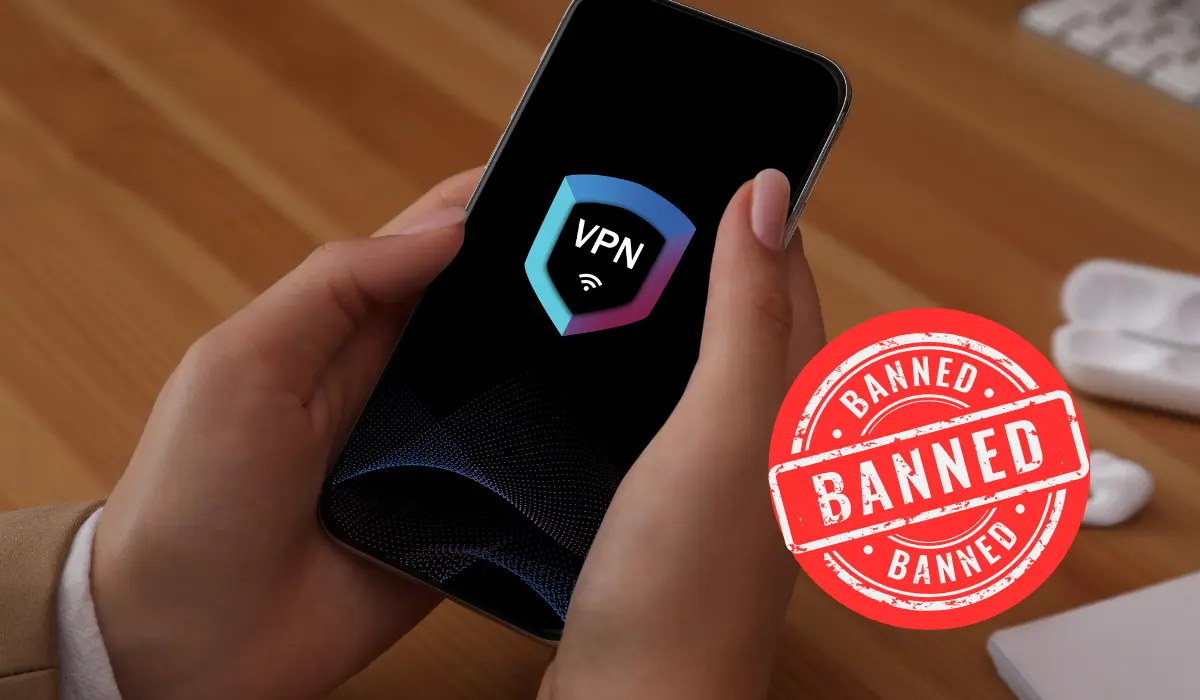Ever tried to visit a website only to hit a virtual brick wall with “This site is blocked” staring back at you? It’s frustrating, right? That’s where VPNs, those magical tools that can make it seem like you’re browsing from halfway across the globe, come into play. In Pakistan, home to over 240 million people, VPNs are a go-to for accessing blocked sites and apps like X (formerly Twitter). But now, the government is cracking down on unregistered VPNs, and this has stirred up a debate about whether using them aligns with Islamic teachings.
What Are Islamic Scholars Saying About VPNs?
Dr. Raghib Hussain Naeemi, who heads the Council of Islamic Ideology (CII), weighed in on the matter. His take? Using VPNs to dodge government restrictions—especially for accessing content deemed unlawful or harmful—is a no-go under Islamic law. He pointed out that visiting websites with immoral or blasphemous material is considered “assistance in sin” and is forbidden.
Now, to be fair, VPNs aren’t all bad. They’re great for keeping your data secure and ensuring your privacy online. But here’s the catch—many people also use them to bypass rules and sneak into restricted corners of the internet. Dr. Naeemi supports the government’s move to limit VPN usage, saying it’s a step towards protecting societal and religious values.
So, Why the Crackdown?
Pakistan’s telecom authority is on a mission to clean up the internet, blocking over 900,000 websites that include 100,000 blasphemous links and 840,000 pornographic ones. But here’s the wild part—people still try to access these sites around 20 million times a day! VPNs are often the tool of choice for those trying to skirt the rules, which is why the government is getting serious about banning unregistered ones.
Dr. Naeemi believes stricter enforcement is necessary to stop the misuse of technology that undermines both legal and moral standards.
VPNs: Friend or Foe?
Let’s be real—VPNs are a bit like a double-edged sword. On one hand, they’re fantastic for safeguarding your online privacy. On the other, they can be misused to break rules, raising questions about ethics and legality. Dr. Naeemi’s comments remind us that while technology can be a force for good, it’s up to us to use it responsibly.
Your Turn to Weigh In!
Do you think using VPNs in Pakistan is justifiable, or is it better to stick to the rules? Drop your thoughts in the comments below! And hey, if you found this article interesting, why not share it with a friend? Don’t forget to subscribe for more thought-provoking updates!
